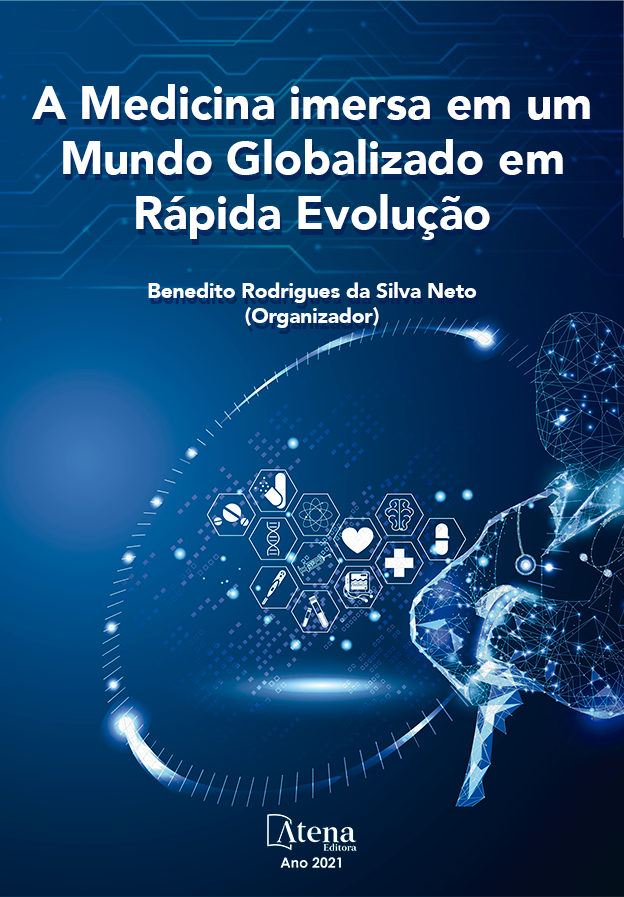
ALIMENTAÇÃO SAUDÁVEL E AUTOESTIMA
Objetivo: analisar o grau de conhecimento sobre alimentação saudável e o quanto a aparência física interfere na autoestima de alunos do 6º e 7º ano de uma escola estadual do interior paulista. Materiais e Métodos: trata-se de um relato de experiência realizado por seis acadêmicos do 2º ano do curso de Medicina. A atividade foi desenvolvida em duas etapas, em semanas diferentes. Foi elaborado questionário com perguntas abertas e fechadas sobre autoestima e alimentação saudável. O público alvo foram 65 adolescentes, sendo 47,7% do sexo masculino e 52,3% do sexo feminino com idades entre 11 e 14 anos. No primeiro encontro ocorreu aplicação do referido questionário, a partir de leitura prévia das questões antes do preenchimento individual, seguida de atividade educativa sobre os temas, a partir de vídeos ilustrativos e transmissão vertical de informações. No segundo encontro, o questionário foi reaplicado com o conhecimento prévio do primeiro encontro. Em seguida, houve discussão sobre os temas abordados a partir de questionamentos por parte dos alunos. Discussão: partindo da análise sobre as respostas objetivas, pode-se afirmar que a maioria dos participantes, 64,8%, de ambos os sexos não se mostraram insatisfeitos ou preocupados com seu peso e aparência, refletindo boa autoestima. Entretanto, a partir das respostas evidenciadas nas questões abertas, as duas salas apresentavam déficit de nível de instrução escolar sobre alimentação saudável. Considerações finais: em relação à autoestima, esta mostrou-se elevada entre os alunos pelo resultado de baixa prevalência de insatisfação com a imagem corporal. Quanto à alimentação saudável, notou-se a efetividade da atividade, uma vez que o número de respostas errôneas quanto ao tema diminuiu consideravelmente após a atividade educativa. Portanto, percebe-se que a intervenção foi útil para promover conhecimento dos alunos, havendo aumento na quantidade de respostas corretas sobre alimentação saudável.
ALIMENTAÇÃO SAUDÁVEL E AUTOESTIMA
-
DOI: 10.22533/at.ed.0792108017
-
Palavras-chave: Autoestima, Hábitos alimentares; Educação alimentar e nutricional; Crianças.
-
Keywords: Self-esteem; Eating habits; Food and nutrition education; Children
-
Abstract:
Objective: to analyze the degree of knowledge about healthy eating and how much physical appearance interferes with the self-esteem of 6th and 7th grade students at a state school in the interior of São Paulo. Materials and Methods: it is an experience report made by six students from the 2nd year of the medical course. The activity was developed in two stages, in different weeks. A questionnaire was prepared with open and closed questions about self-esteem and healthy eating. The target audience was 65 adolescents, 47.7% male and 52.3% female aged 11 to 14 years. In the first meeting, the questionnaire was applied, based on prior reading of the questions before filling in the individual, followed by educational activity on the themes, using illustrative videos and vertical transmission of information. In the second meeting, the questionnaire was reapplied with prior knowledge of the first meeting. Then, there was discussion on the topics addressed from questioning by the students. Discussion: based on the analysis of objective responses, it can be said that the majority of participants, 64.8%, of both sexes were not dissatisfied or concerned with their weight and appearance, reflecting good self-esteem. However, based on the answers evidenced in the open questions, the two rooms showed a deficit in the level of school education on healthy eating. Final considerations: in relation to self-esteem, this was shown to be high among students due to the low prevalence of dissatisfaction with body image. As for healthy eating, the effectiveness of the activity was noted, since the number of erroneous responses on the topic decreased considerably after the educational activity. Therefore, it is clear that the intervention was useful to promote students' knowledge, with an increase in the amount of correct answers about healthy eating.
-
Número de páginas: 10
- Heitor Lovo Ravagnani
- Gabriela Costa Brito
- Fernanda Pini de Freitas
- Henrique Rodrigues de Souza Moraes


